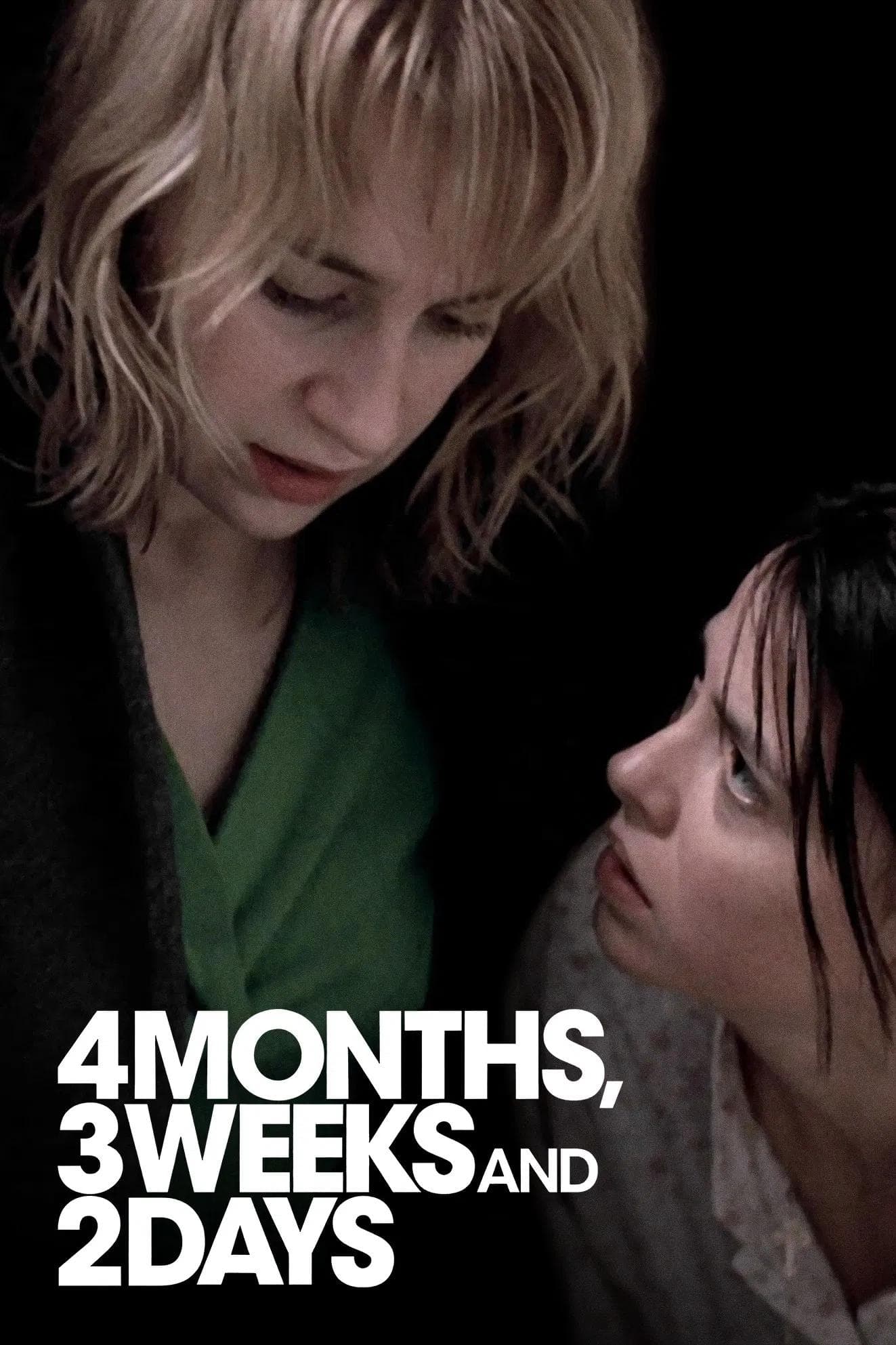
4 Months, 3 Weeks and 2 Days
2007
Rate this movie
Average: 5.00 / 5
(1 votes)
Director
There are films that tell History with a capital H, with grand frescoes and epic battles. And then there are films like 4 Months, 3 Weeks, 2 Days, works that perform a more subtle and infinitely more terrifying operation: they show us history as it is really lived, not in the squares, but in the squalid corridors of a cheap hotel, through a series of banal gestures and whispered choices that carry the weight of an entire national tragedy. Winner of the Palme d'Or at the Cannes Film Festival and a manifesto of New Romanian Cinema, Mungiu's film is not a political work with a thesis on abortion. It is an existential thriller, a manual for moral survival in a world that has made compassion illegal, and one of the most powerful and suffocating portraits of a society living under the heel of a totalitarian regime.
The film is the most famous and internationally recognized work of the extraordinary cinematic movement that emerged after the fall of Ceaușescu, known as the New Romanian Cinema. Directors such as Mungiu himself, or Cristi Puiu (with his masterpiece The Death of Mr. Lazarescu), began to perform a sort of autopsy on their nation, using a hyper-realistic, almost documentary style to examine the psychological and moral scars left by decades of dictatorship. Their cinema is made up of long sequence shots, dialogues that reproduce the banality of everyday life, and an almost obsessive attention to the often Kafkaesque procedures that governed the lives of citizens. This film is perhaps the most tense and formally perfect example of this school, a film that transforms an intimate drama into a universal epic.
The story, set in Romania in 1987, is disarmingly simple. We follow, almost in real time, a day in the life of two university students and roommates, Otilia and Găbița. Găbița is pregnant beyond the legal limit for abortion, and Otilia, her more pragmatic and resolute friend, helps her arrange a clandestine termination. That's all there is to it. But in Mungiu's hands, this premise turns into a thriller of almost unbearable tension. The genius of the film lies in deriving suspense not from dramatic events, but from the logistics of everyday life. Every action is an obstacle, every conversation a potential threat. Finding a hotel room, collecting money, lying to the doorman, even talking on the phone: everything is fraught with mortal danger. It is the lesson of Hitchcock stripped of all artifice and glamour: the bomb is not under the table, it is the table itself, it is the room, it is the air the characters breathe.
The real antagonist of the film is not the abortionist, Mr. Bebe, but the regime itself, Ceaușescu's totalitarian system. And here lies another stroke of genius from Mungiu: the regime is an invisible monster. We never see a policeman, a soldier, or a Securitate agent. Their presence is implicit, internalized. It is in the atmosphere of general paranoia, in the mistrust between people, in the way citizens have been conditioned to control and denounce each other. The hotel becomes a microcosm of this sick society, a non-place where official rules and those of the black market clash. Mr. Bebe is not just a criminal, he is a product of this system. He is a crime bureaucrat who exploits the desperation created by the laws of the state to exercise his petty, sadistic power, imposing his rules, humiliating his clients, and forcing them into a devastating moral compromise.
The emotional heart of the film lies in the complex relationship of female solidarity between Otilia and Găbița. It is not an idealized friendship. Otilia, the true protagonist through whose eyes we experience almost every scene, is a reluctant heroine, strong and pragmatic. Găbița, on the other hand, is childish, passive, almost irritating in her inability to deal with the situation she has created. The help Otilia offers her is not a simple gesture of affection, but a profound ethical choice, an act of responsibility that forces her to sacrifice her innocence and, in a terrible scene, her physical integrity. The film asks us an uncomfortable question: what do we owe each other when the world presents us with impossible choices? Solidarity is not a feeling, it is an action, and it comes at a very high price.
Mungiu's aesthetic is the keystone of the experience. Oleg Mutu's handheld camera almost never leaves Otilia, following her with the tenacity of a stalker. We are trapped in her perception, her anxiety, her exhaustion. The formality of this style reaches its peak in the famous dinner scene. After experiencing horror in the hotel room, Otilia is forced to attend her boyfriend's mother's birthday party. Mungiu films the scene with a single, relentless static shot, with the camera fixed on Otilia, sitting at the end of the table. While around her the other guests, representatives of an indifferent bourgeoisie, chat about food, politics, and trivialities, we are prisoners with Otilia, aware of the horror unfolding a few miles away. The futile conversation becomes a form of psychological torture. It is one of the greatest scenes of alienation in the history of cinema, a moment that, in its rigor and its ability to make the weight of time and trauma palpable, recalls the cinema of Chantal Akerman.
The ending, with the two girls sitting in the restaurant, is of a sobriety that chills the blood. There is no catharsis, no liberation. There is only the weight of what has happened. Otilia's decision to “never talk about it again” is not a gesture of oblivion, but the awareness that that day has marked them forever, creating a secret that will bind them together and at the same time isolate them. 4 Months, 3 Weeks, 2 Days is not a universal masterpiece about the loss of innocence, the nature of tyranny, and the quiet courage required to perform an act of humanity in a world that has decided to be a little less so.
Genres
Countries
Gallery
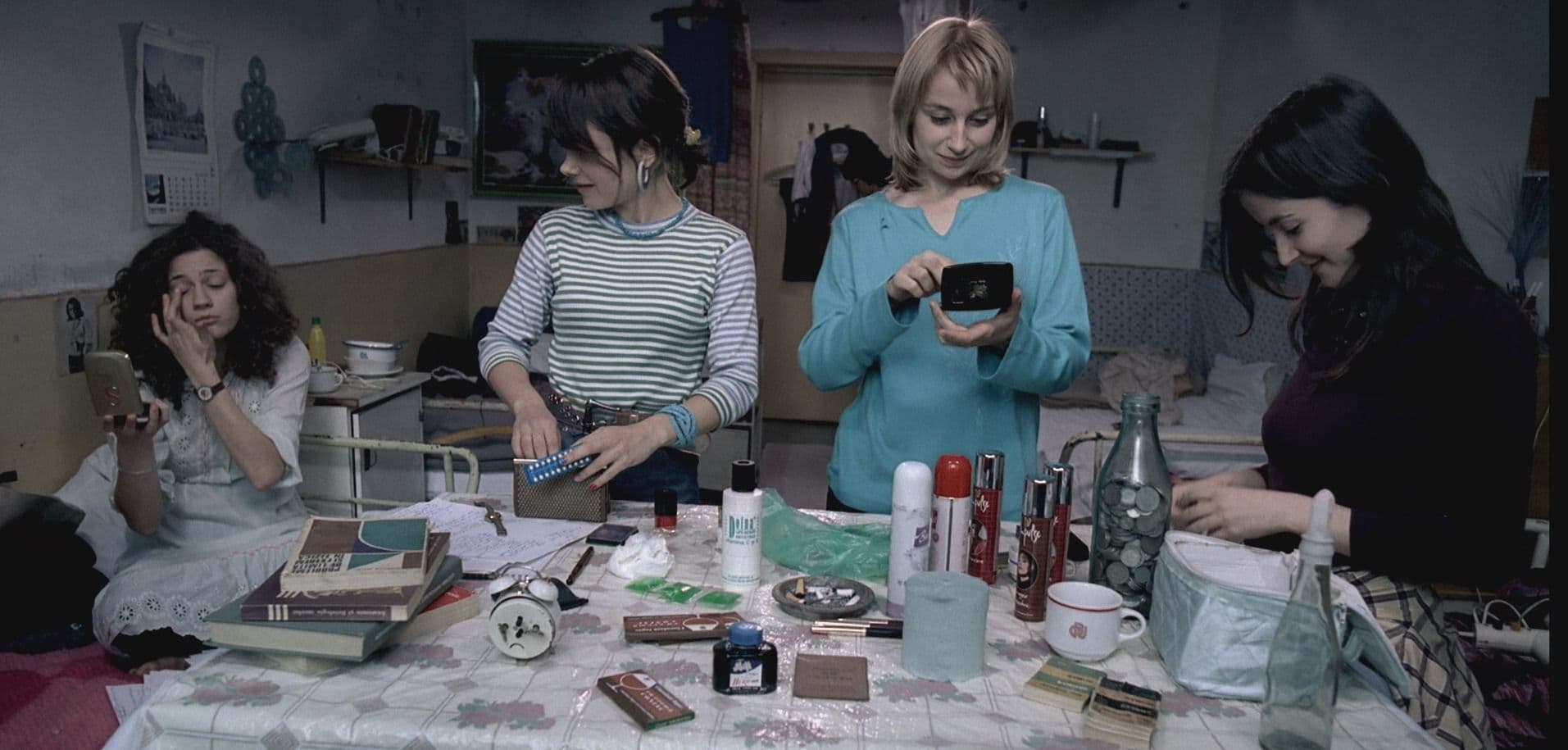
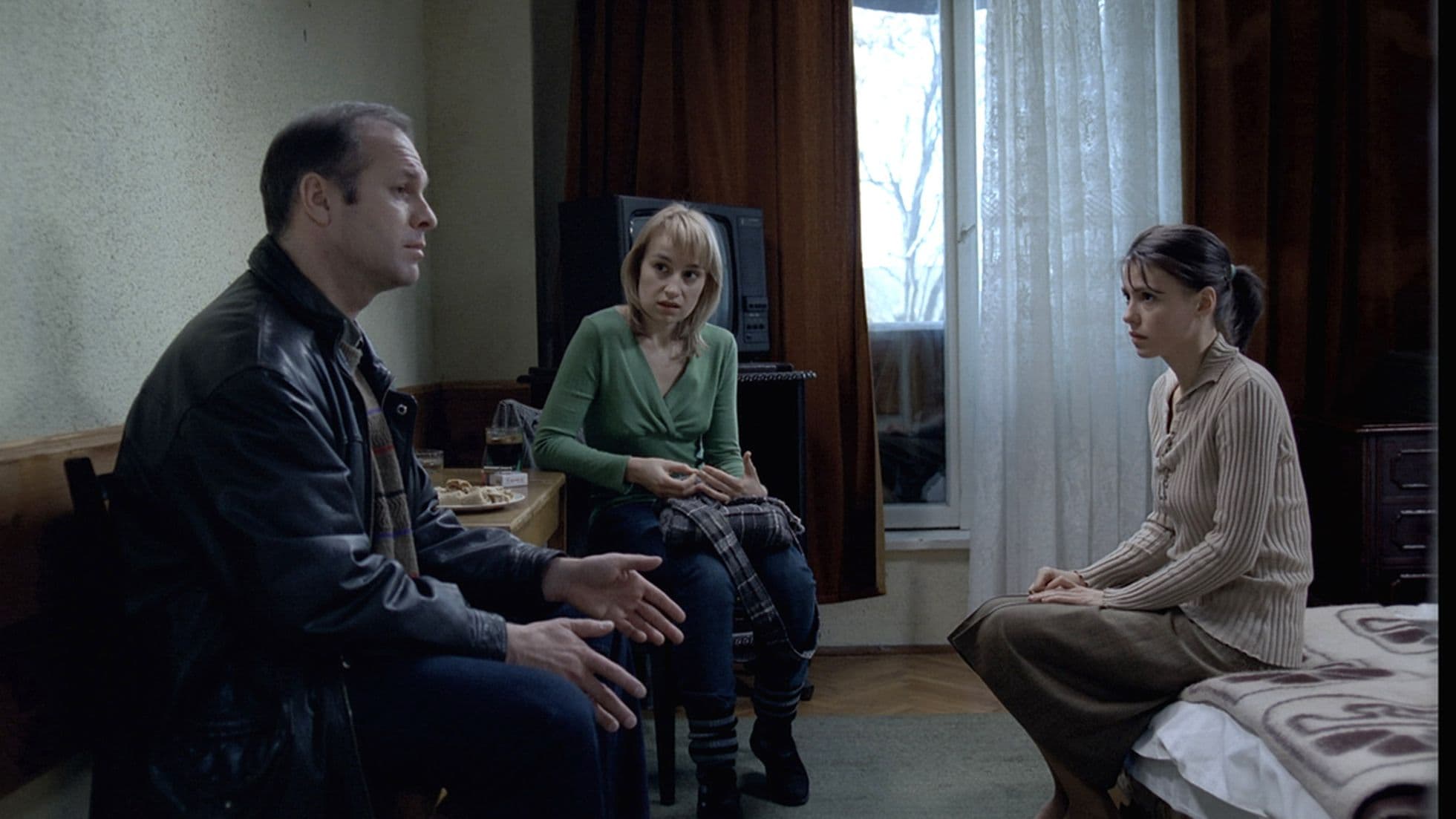
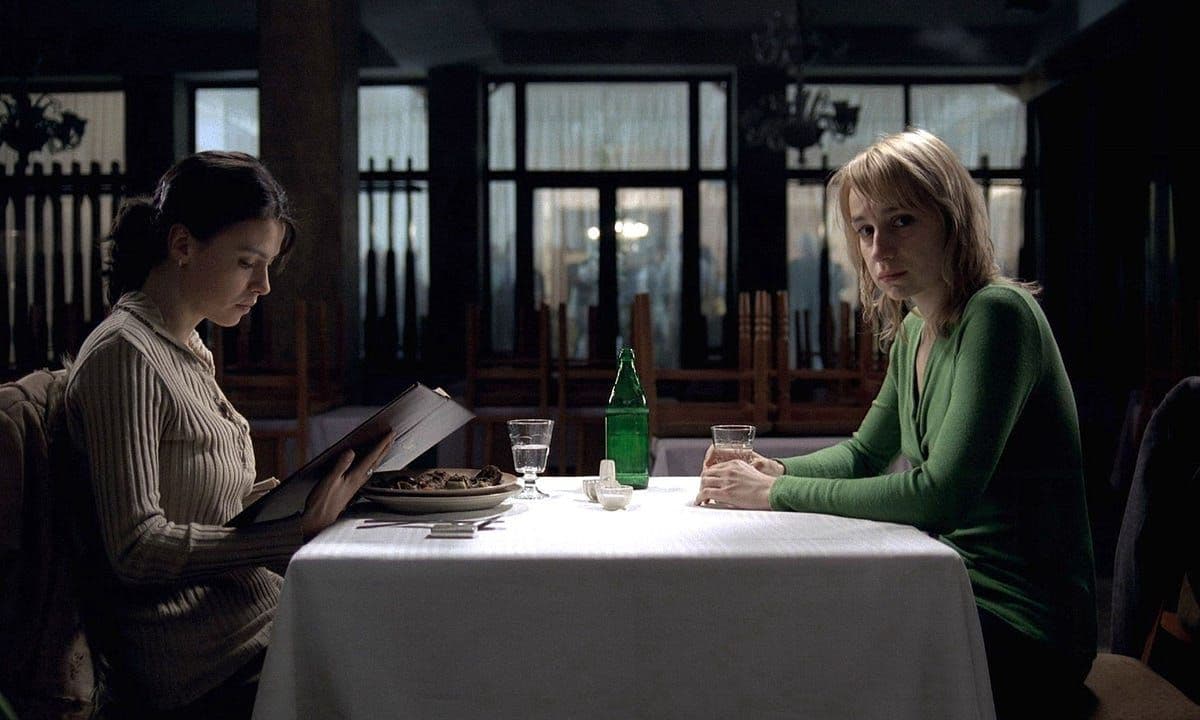
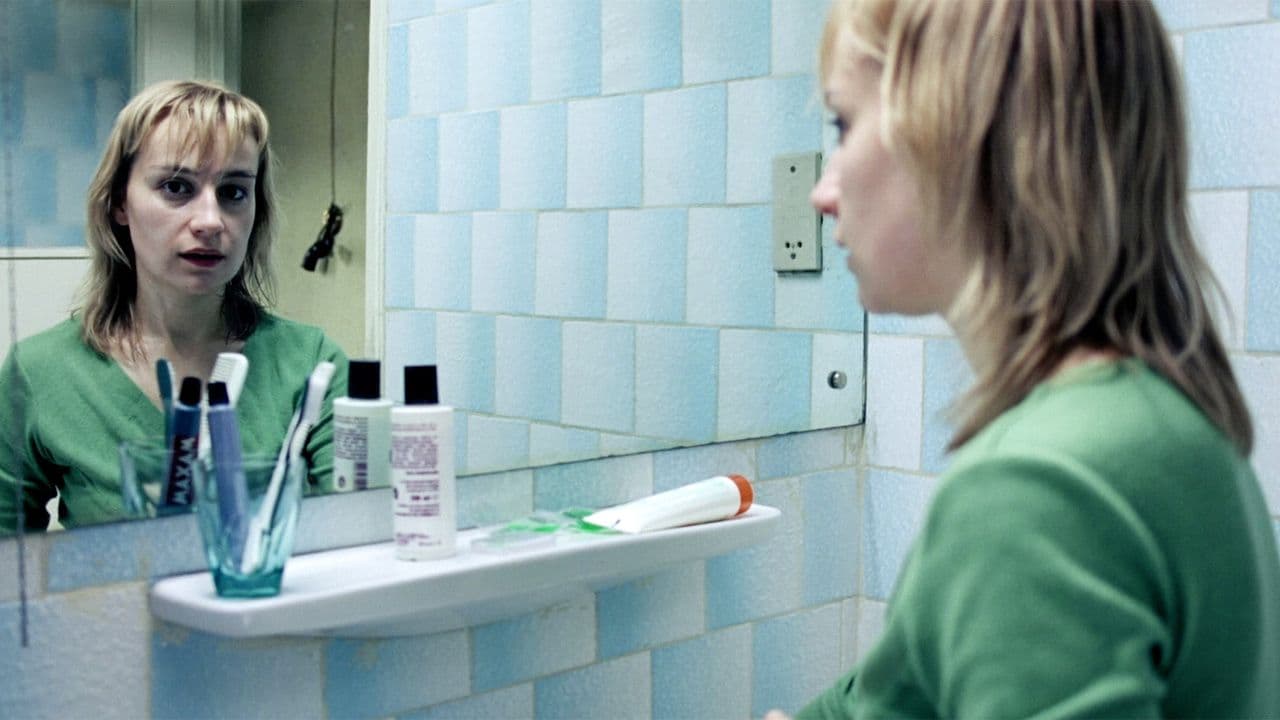

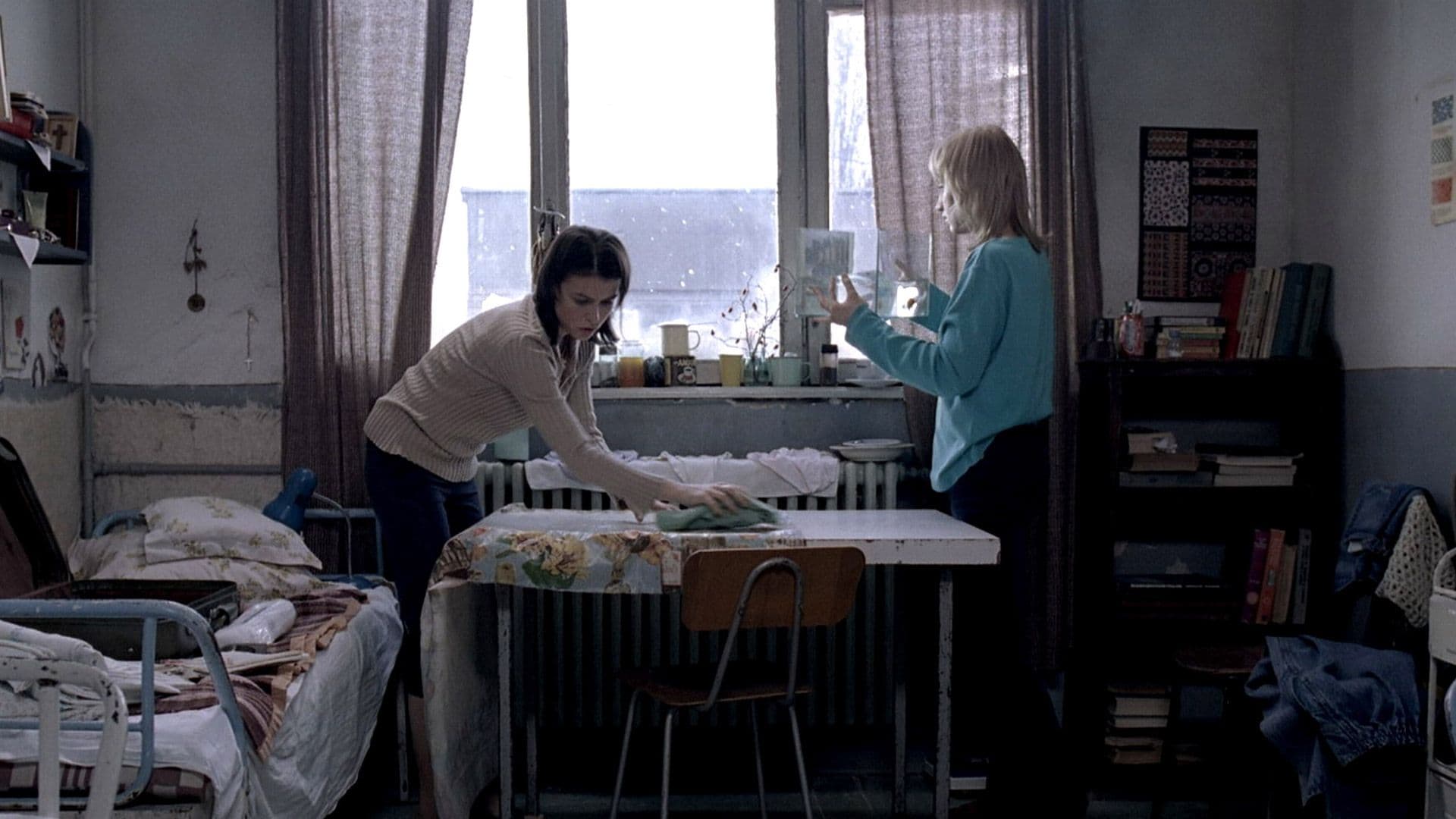
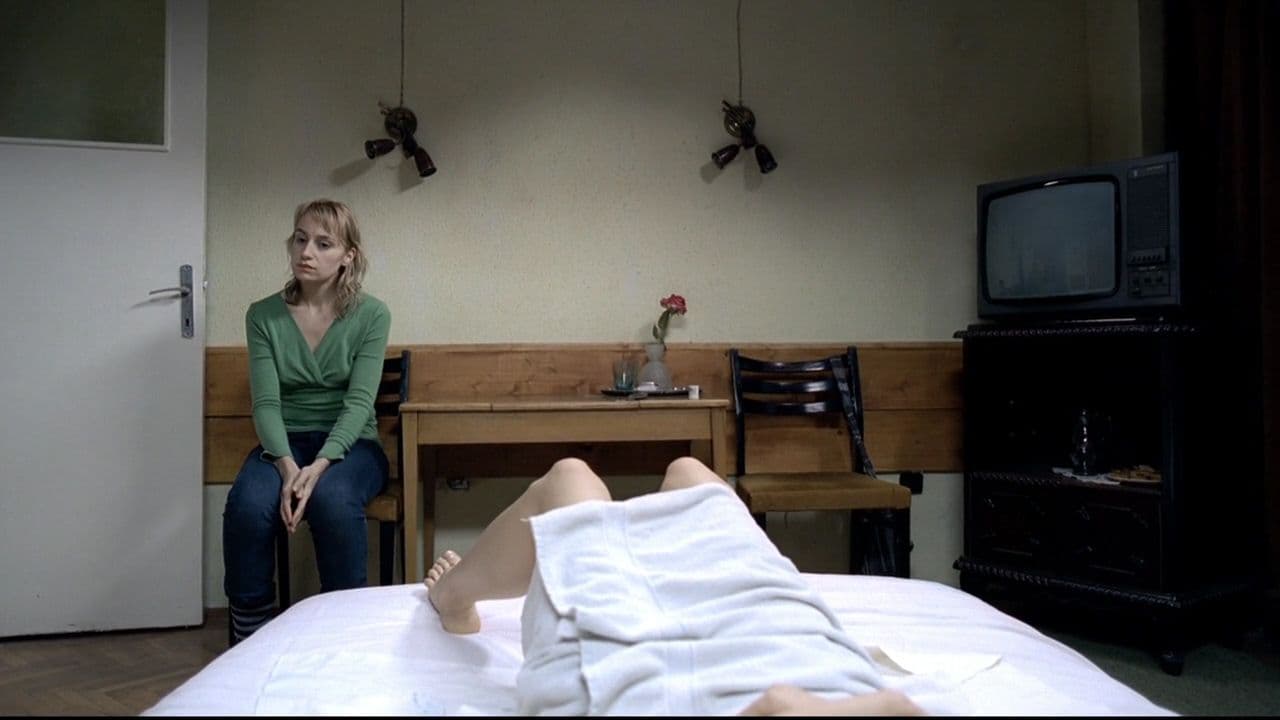
Featured Videos
Trailer
Comments
Loading comments...